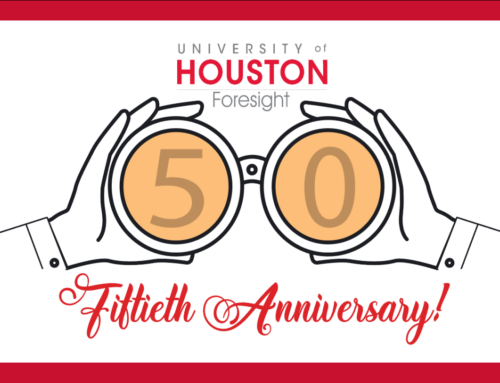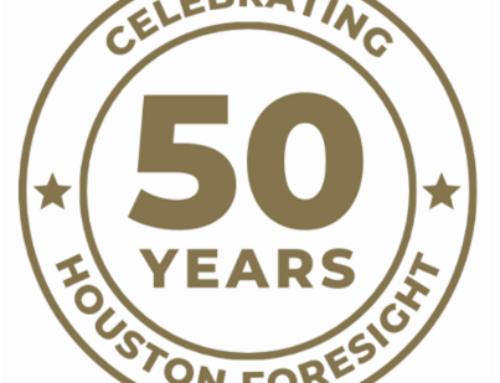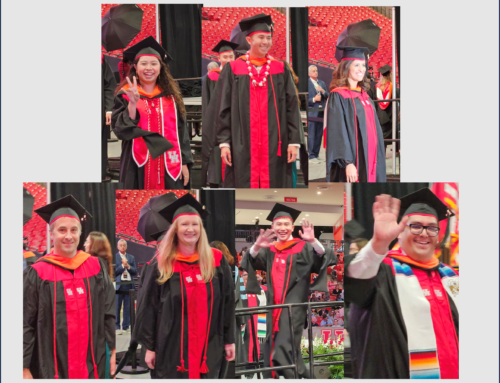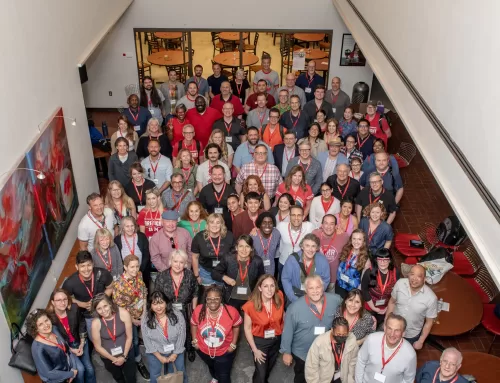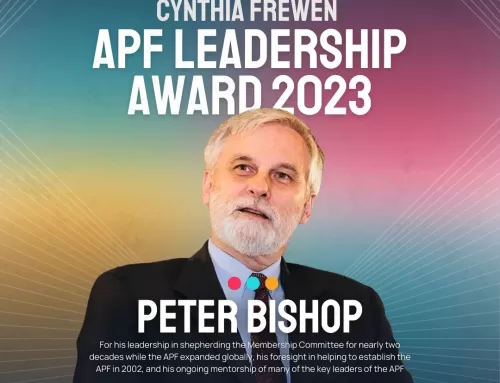Houston Foresight Spring Gathering 2015: Technology Acceleration
April 17-18, 2015
University of Houston, Cameron Building
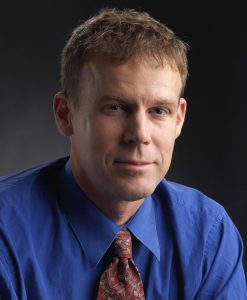 We have seen astounding changes in technology in the last century. What’s more, several types of technological change have accelerated over this time period, particularly those associated with digital and nanotechnologies. Some say accelerating scientific and technological change have in turn become the prime drivers and accelerators of business and social change.
We have seen astounding changes in technology in the last century. What’s more, several types of technological change have accelerated over this time period, particularly those associated with digital and nanotechnologies. Some say accelerating scientific and technological change have in turn become the prime drivers and accelerators of business and social change.
No one is better qualified than futurist John Smart (and friends) to lead us in a discussion of this emerging future on Saturday April 18th. It’s a sneak preview of a foresight elective course that John has agreed to teach for us this summer. John asks: “Please come to the Spring Gathering, we need your collective friendship, humor, and intelligence to accelerate this course into the catalog!” We’ll look at technology acceleration from several complementary perspectives.
Universal Acceleration
Is technology acceleration the next “substrate” in a multi-billion year history of accelerating universal complexity development?
Technology, Wealth, and Social Acceleration.
We’ll look at digital and nanotechnology acceleration, how those drive accelerating trends in wealth production, entrepreneurship and digital social actions (sharing, collaboration, and activism), and ways these accelerating trends and actions impact the world’s great problems.
Quantification, Simulation and Foresight Acceleration
As Big Data, social sharing, sensors, maps, simulations, and algorithms proliferate, many new collective and machine intelligence foresight tools and methods are emerging: predictive analytics, statistical models, crowdsourcing/funding, ideation, innovation and prediction markets. How do we evaluate and use the best of these for our clients?
Globalization and Societal Convergence and Deceleration
As technology-enabled globalization and wealth production accelerates, developed economies are demonstrating many convergent economic, environmental, security, and political processes, and decelerating on several measures (population growth, conflict and crime, individual energy use), and in speed- and cost-to-capability in many areas (from health care to law to defense), making some social futures more regulated and predictable than ever before.
Biologically-Inspired AI, Intelligent Agents, and the Singularity Hypothesis
New AI paradigms like Deep Learning are making great strides in language understanding, machine vision, analysis, and pattern recognition. Trustable machine intelligence might emerge in our cars, robots, digital platforms, and personal intelligent agents in coming years.
Social Challenges and Failure States
There are many social challenges and failure states we might see in a world of continuing technological acceleration, including increasing digital and income inequality, erosion of democracy and privacy, terrorism and conflict, pandemic, failing education, addiction and dependency, resource scarcity, and global warming and other environmental catastrophes. How can better foresight help us and our clients achieve the best and avoid the worst of what may happen in an ever faster future?
And, of course, we’ll have the usual fun and social activities with dinner and margaritas on Friday night and the annual pool party on Saturday after the conference. Details will be coming soon. For now, save the date and come for some fellowship and fun this spring! Andy Hines

